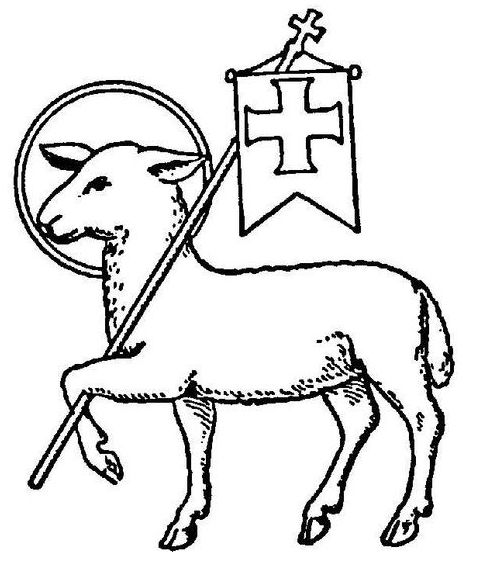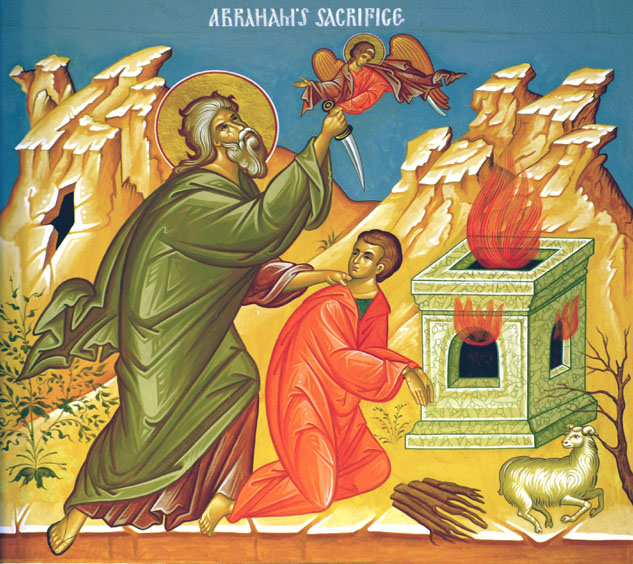“God is dead. God remains dead. And we have killed him. How shall we comfort ourselves, the murderers of all murderers? What was holiest and mightiest of all that the world has yet owned has bled to death under our knives: who will wipe this blood off us? What water is there for us to clean ourselves? What festivals of atonement, what sacred games shall we have to invent? Is not the greatness of this deed too great for us? Must we ourselves not become gods simply to appear worthy of it?”
-Friedrich Nietzsche
“The true God is the hidden God”
-Karl Barth, Church Dogmatics II.1, 193
In reflecting about the death of God we want to read a certain kind of atheism back into the haunting words of Nietzsche. We want to view him the same way we view guys like Dawkins and Hitchens, but this is ultimately a mistake. If we put him in the same category we do to the New Atheists, we would miss the weight of his words. The death of God for Nietzsche is a cultural event. This poses an opportunity and a catastrophe, wherein the belief in transcendence has come to an end and when the culture wakes up to this reality, nihilism (infinite meaninglessness) will come creeping in. Nihilism, for Nietzsche, must be overcome. This is where his Übermench rises and overcomes.
Tomáš Halík, in his wonderful book ‘I Want You to Be’, argues that Nietzsche’s claim that “God is dead” can be seen maybe “not as only a sentence about God and against God but also one containing something of God’s message to us.” (p. 20) In this chapter Halík is writing about God speaking to us, and how often we only stop at God’s first word to us. Halík says this is a mistake. Like Abraham, who ‘at the moment God was hidden from him in incomprehensibility’ waited to hear God speak to him for a second time. Hope, no matter how small or incomprehensible, says Halík, is the chink in the armor through which the “still small voice” of God’s message can reach us. (p. 21)
We live in the shadow of Nietzsche’s Madman’s proclamation to the death of transcendence, Halík argues that this should be viewed as only the first sentence to us, which like Good Friday (the death of Christ), must be followed by a second sentence. Good Friday is an important message to us from God, but it certainly was not the final one. Here Halík offers his most lucid analysis:
“‘God is dead!’ That sentence uttered at the end of the nineteenth century continued to fascinate for the next hundred years. Maybe it was not only a sentence about God and against God but also one containing something of God’s message to us. A God who has not endured death is not truly Living. A faith that does not undergo Good Friday cannot attain the fullness of Easter. Crises of faith –– both personal and in histories of culture –– are an important part of the history of faith, of our communication with God, who is concealed and returns again to those who do not stop waiting for the unique and eternal Word to speak to them once more.” (p. 20)
The author of the book of Hebrews tells us much the same:
“Today, if you hear his voice, do not harden your hearts as in the rebellion.” (Hebrews 3:15)
David Bentley Hart thinks the time we live in the death of God, which is the death of a god that did not exist in the first place, is an opportunity to reclaim the true transcendence of God. For Hart the death of God was the death of the God of modernity and nihilism. In his essay “Impassibility as Transcendence”, Hart takes on both Thomists and modern fundamentalists alike. For him the language within the Thomist scheme of transcendence does not actually speak to God’s utter difference and transcendence, but falls short and looks as modern as any theology does today. The statement Hart seeks to give an answer to comes from Reginald Garrigou-Lagrange:
“God determining or determined: there is no other alternative.”
God, under both the Thomist and the modern fundamentalists scheme, cannot avoid the problem that Lagrange puts forth, because He is simply another being among beings and is thus caught in the scheme of finite existence and causes. This is a grave mistake because God properly defined within the classical theistic metaphysical tradition is that God is the ground and source of all being. Hart expounds (at length) on the definition of God’s transcendence:
“God’s being is necessary, that is, not simply because it is inextinguishable or eternally immune to nothingness, but because it transcends the dialectic of existence and nonexistence altogether; it is simple and infinite actuality, utterly pure of ontic determination, the “is” both of “it is” and of the “it is not”. It transcends, that is to say, even the distinction between finite act and finite potency, since both exist by virtue of their participation in God’s infinite actuality, in which might be always supereminently is. God is absolute, that is to say, in the most proper sense: he is eternally “absolved” of finite causality, so much so that he need not––in any simple univocal sense––determine in order to avoid being determined. His transcendence is not something achieved by the negation of its “opposite””.
He ends his scathing essay calling for Christians to see to it that this god remains dead:
“It is principally the god of modernity––the god of pure sovereignty––who has died for modern humanity, and perhaps theology has no nobler calling for now than to see that he remains dead, and that every attempt to revive him is thwarted: in the hope that, in becoming willing accomplices in his death, Christians may help to prepare their world for the return of the true God revealed in Christ, in all the mystery of his transcendent and impassible love.”
For Halík and Hart alike, the death of God is something to be seen as a hopeful event, because the death of this particular god is not the transcendent Triune God revealed in Christ, but a god who has never existed in the first place. Let us see it as an opportunity, not a catastrophe, that the true God revealed in Christ will once again speak His eternal Word to those of us who wait patiently in the midst of His seeming hiddenness and silence.





